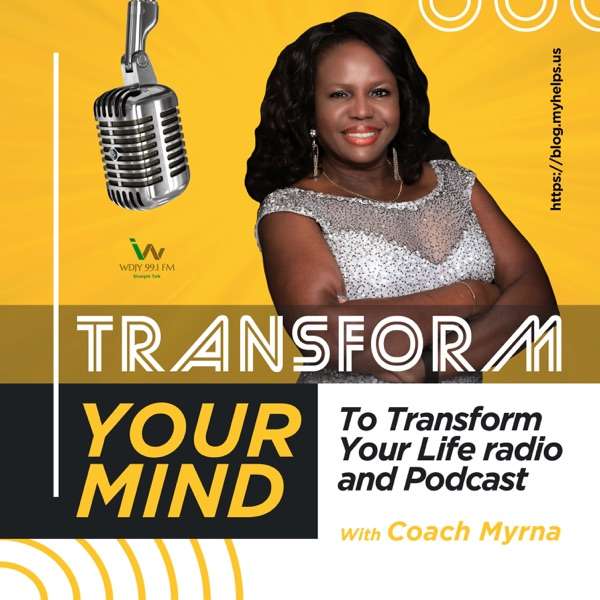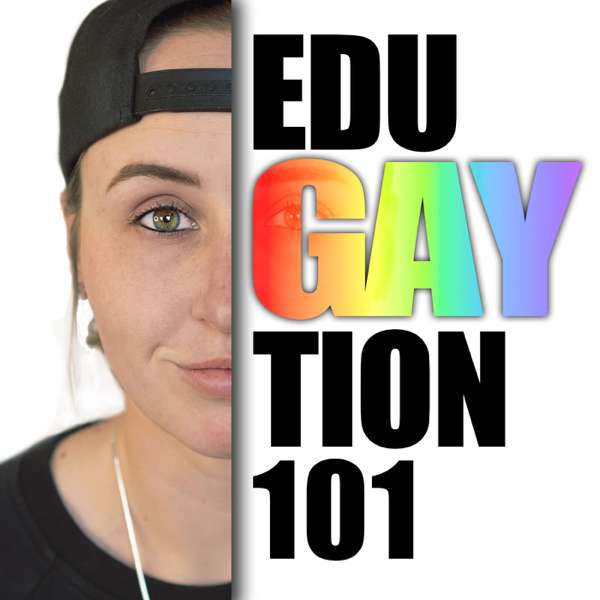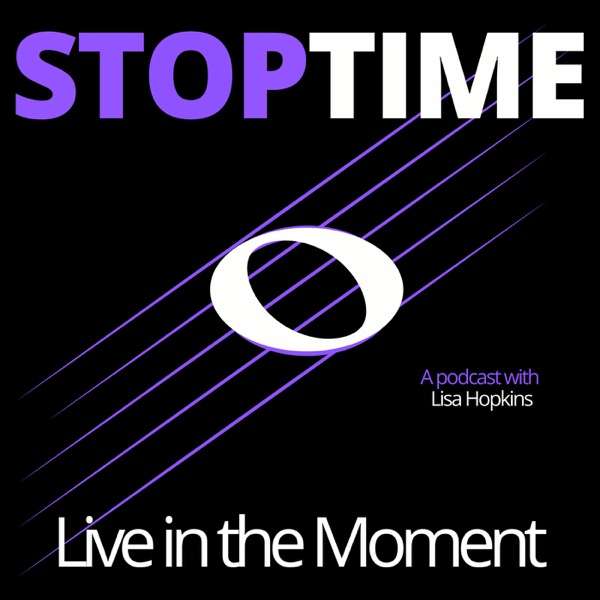One of the questions that's come up over and over in my conversations about what our country is learning from a year in quarantine is "what's being done in places where connectivity is keeping families from connecting at all?" According a 2019 report from Pew Research Center, 58% of Black adults and 57% of Hispanic adults have a laptop or desktop computer, compared with 82% of white adults, and 66% of Black adults and 61% of Hispanic adults have broadband access at home compared with 79% of white adults.
The 2019 U.S. Census, showed 36 million households that do not subscribe to a wireline broadband service. 26 million of these households are in urban areas. 10 million are in rural areas. The lower a household’s income, the less likely they are to consistently subscribe to a wireline broadband service.
Like many of you I've wondered all year about what's being done, what more we can do to address this issue - one that's been around long before the pandemic - and I was lucky for the chance to sit with a group fighting hard to offer balance and equity in the city of Philadelphia.
Juliet Fink Yates (she/her)
Digital Inclusion Fellow, Office of Innovation and Technology, City of Philadelphia
Juliet Fink Yates has been working on addressing digital equity since 2001 when she was managing a small ISP for 10,000 low-income Philadelphians without Internet access for the Critical Path Internet Project. For many years, she worked as the Chief Learning Officer at Philadelphia FIGHT Community Health Centers at the intersection of adult education, technology and healthcare. In 2010, she wrote, in collaboration with the City of Philadelphia, the broadband stimulus grant that brought $5.4 million to low-income communities to set up computer labs (which became known as KEYSPOTS) in 77 locations, reached out to cultivate the key partners involved in that grant, and helped to design the structure of that program, overseeing a team that managed 28 of those KEYSPOTS. She was a founder of the Technology Learning Collaborative, Philadelphia’s first professional development organization dedicated to digital literacy providers and advocates and was a member of the City of Philadelphia’s Digital Literacy Alliance until she joined the City of Philadelphia’s Office of Innovation and Technology this past March as the first Digital Inclusion Fellow. In this role she is charged to build the community of those in Philadelphia interested in addressing digital inclusion and help support innovative digital equity practices in Philadelphia. She has a Master’s in Education from Harvard University Graduate School of Education with a focus on technology in education.
Paolo Balboa (he/him)
Programs and Data Manager, National Digital Inclusion Alliance
Paolo began his career in public library education and outreach in 2013, first in Cleveland and most recently at the New York Public Library. He has worked with the Mozilla Foundation and a cohort of practitioners and advocates to develop a Web Literacy toolkit, and he has served as a panelist at the American Library Association Annual Conference to discuss digital literacy. He received his Masters in Library and Information Science with an emphasis on Data Visualization and User Experience from the Pratt Institute. He is an advocate for access equity in a variety of spheres, including transportation, housing, and of course, broadband. He lives in Brooklyn with his houseplants.
Andy Stutzman (he/him)
Project Director for Civic Technology, Drexel University
With an MS in Computer Information Science, Andy Stutzman has over 20 years of technology experience within higher education. Through his leadership and innovation skills, Andy has strived to create programs and technologies that reach beyond traditional boundaries. Since coming to Drexel University, Andy has been involved in civic engagement and workforce development initiatives across Philadelphia. As the Program Director for Digital On-Ramps, he led a city wide digital badging initiative that included managing the MacArthur Foundation backed LRNG Philly program. Andy now works as the Project Director for Civic Technology at Drexel University’s ExCITe Center where he leads community based initiatives focused on digital equity and inclusion. He is also the chair for the Technology Learning Collaborative which has supported digital inclusion initiatives throughout Philadelphia for over eight years.
Thumbnail for the episode is art by @theeastlondonphotographer, Ehimetalor Akhere Unuabona
Links from this episode:
https://www.digitalinclusion.org/
https://www.digitalequityact.org/
Audio included from 3rd parties:
What are the benefits of digital inclusion?
Digital Inclusion in the Promise Zone Workshop Series: Access to Connectivityby CSDCA
https://archive.org/details/Digital_Inclusion_in_the_Promise_Zone_Workshop_Series_-_Access_to_Connectivity
Closing the Divides: A Plan for Digital Equity and Inclusion by The Aspen Institute https://archive.org/details/theaspen-Closing_the_Divides_-_A_Plan_for_Digital_Equity_and_Inclusion
Understanding Digital Inclusion National Skills Coalition https://youtu.be/-E0kVgH1sLk
Understanding Digital Equity, Inclusion & Literacy https://otan.us/resources/past-webinars/understanding-digital-equity-inclusion-literacy/ OTAN (Outreach and Technical Assistance Network)
Hosted on Acast. See acast.com/privacy for more information.

 Our TOPPODCAST Picks
Our TOPPODCAST Picks  Stay Connected
Stay Connected







